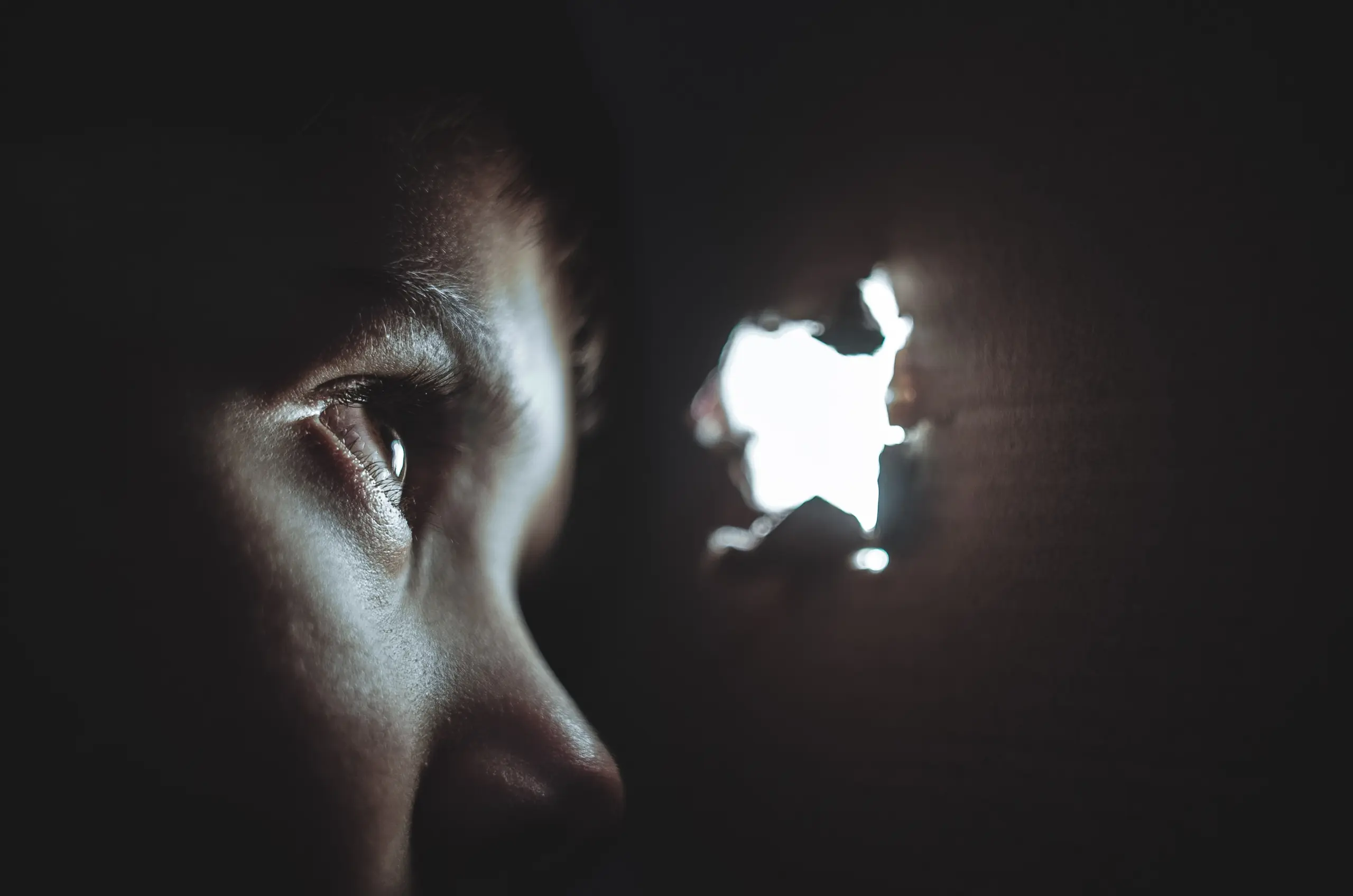We all take it for granted, remembering simple tasks we are to do, where our home is, how to drive to work or picking up milk and bread from the grocery store on the way home. Memory – it is one of the cornerstones of cognition and most of us never give it a second though. But imagine for a second what it would be like to have your memory fail. We are all constantly learning new information, which in turn becomes part of our autobiography and we recall what we did at a particular time during the day or a year ago during our birthday. Activities repeat and become part of our routine, and in turn we learn to expect what will happen next. What if, suddenly that information was to vanish as quickly as you experienced it. What would it feel like? Well, for one, you would have no recollection of having done something, and therefore also would not remember that there is a portion of time of which you have no memory. It’s as if waking up from sleep where you for a moment remember your dream and then it quickly fades.
Reality would begin to unravel at the seams, all of which was familiar and predictable would be erratic, and without reason. Imagine for a moment that you wake up in the morning and get ready for work. You shower, get dressed, eat your breakfast and begin to make your way toward the front door when suddenly someone says, “What are you doing?”, you surprisedly would answer “I’m going to work, I have an important meeting today” and the ludicrous answer you get “Work? You haven’t worked for over 10 years!”. To you it would seem that you just came home from work yesterday, had dinner and went to bed. How could someone even think that you don’t work? Furthermore, they then tell you that you don’t even live in your hometown anymore and your spouse died 4 years ago. It would seem like everyone had lost their minds, wouldn’t it? And this experience would continue to repeat itself over and over without end.
This is what individuals with significant memory loss experience daily. The degree and self-awareness of their experiences vary, but it is easy to see why someone suffering from memory loss could become panicked, angry, or even think that you are an impostor.

Cognitive decline is frightening, the prospect of developing or experiencing it. The medical community is working hard to find better treatments to delay cognitive decline, but progress has been slow. But you may not be aware that there are tools that you already have, to aid with memory loss or even to prevent it and it all lies in how you live. Diet, exercise, socialization, mental exercise, and sleep all play an integral part in healthy cognition and numerous studies have shown a significant effect on preventing cognitive decline.
However, even the healthiest person can still develop memory loss, and the exact mechanism why it happens is unknown. It is frightening to experience and there are many unknowns. For me, this is one of the reasons I practice cognitive neurology; to do what I can to slow the progression of the disease, but also serve as a support, and a guide through the changes that may lie in the future. It is important to note that the diagnosis of different neurodegenerative diseases can be made significantly earlier than before, and for some there are even proteins that can be tested for to confirm a diagnosis. It is becoming increasingly clear that early detection is key since neurodegenerative diseases progress slower the earlier in their course they are, and it is exactly in the earliest of the early stages that intervention can slow the progress down the most.
So, there is HOPE. One day we will be able to treat dementias like chronic diseases. There will be some challenges, but they will be manageable. I tell my patients, there will be changes, there will be challenges, but the most important thing they can do is to continue living life and I will be there to help guide them along the way and hopefully one day eliminate the disease entirely.

